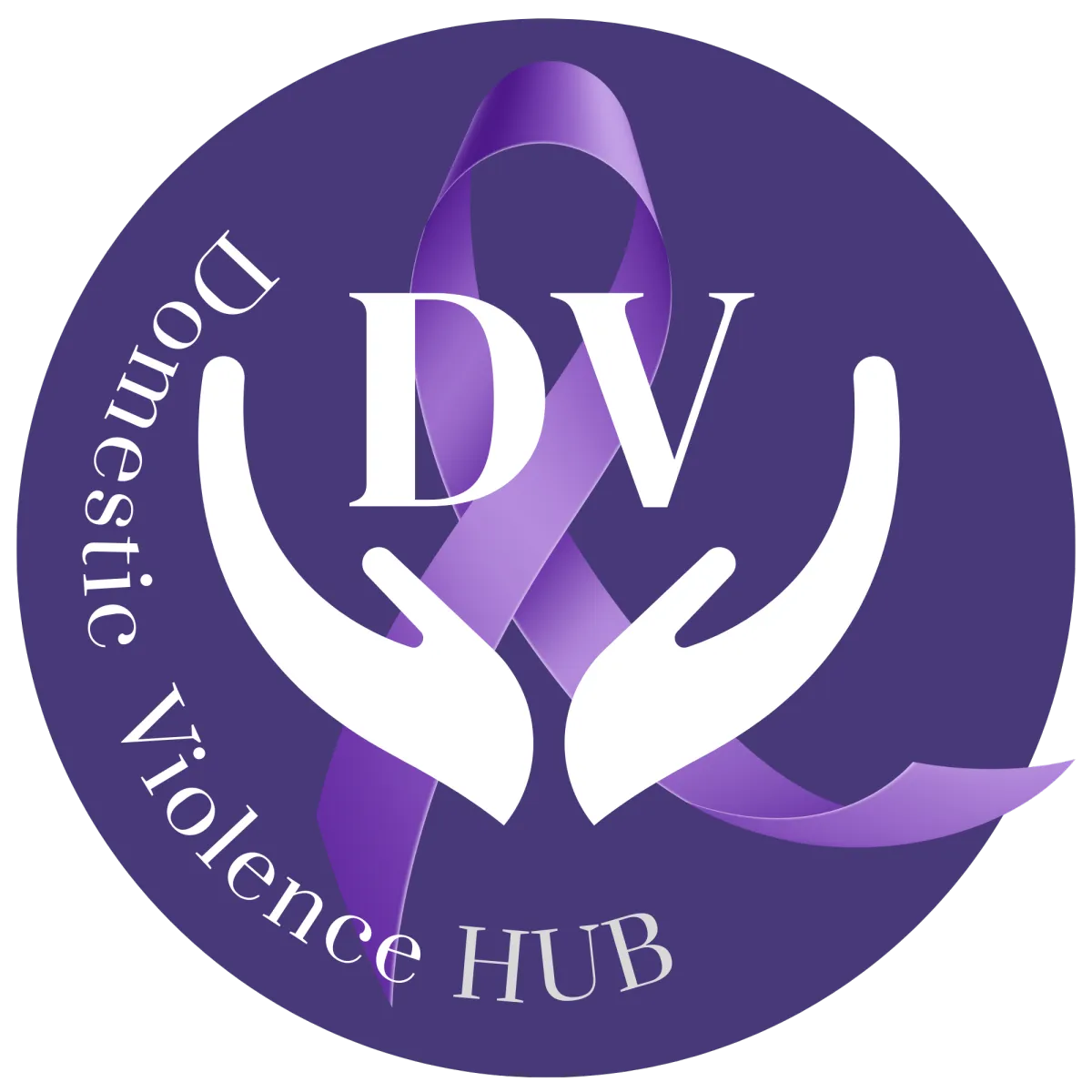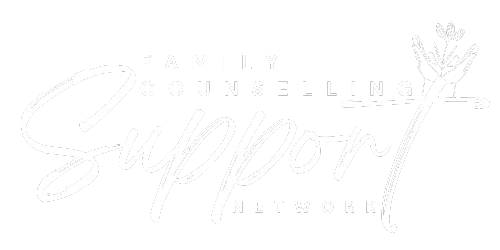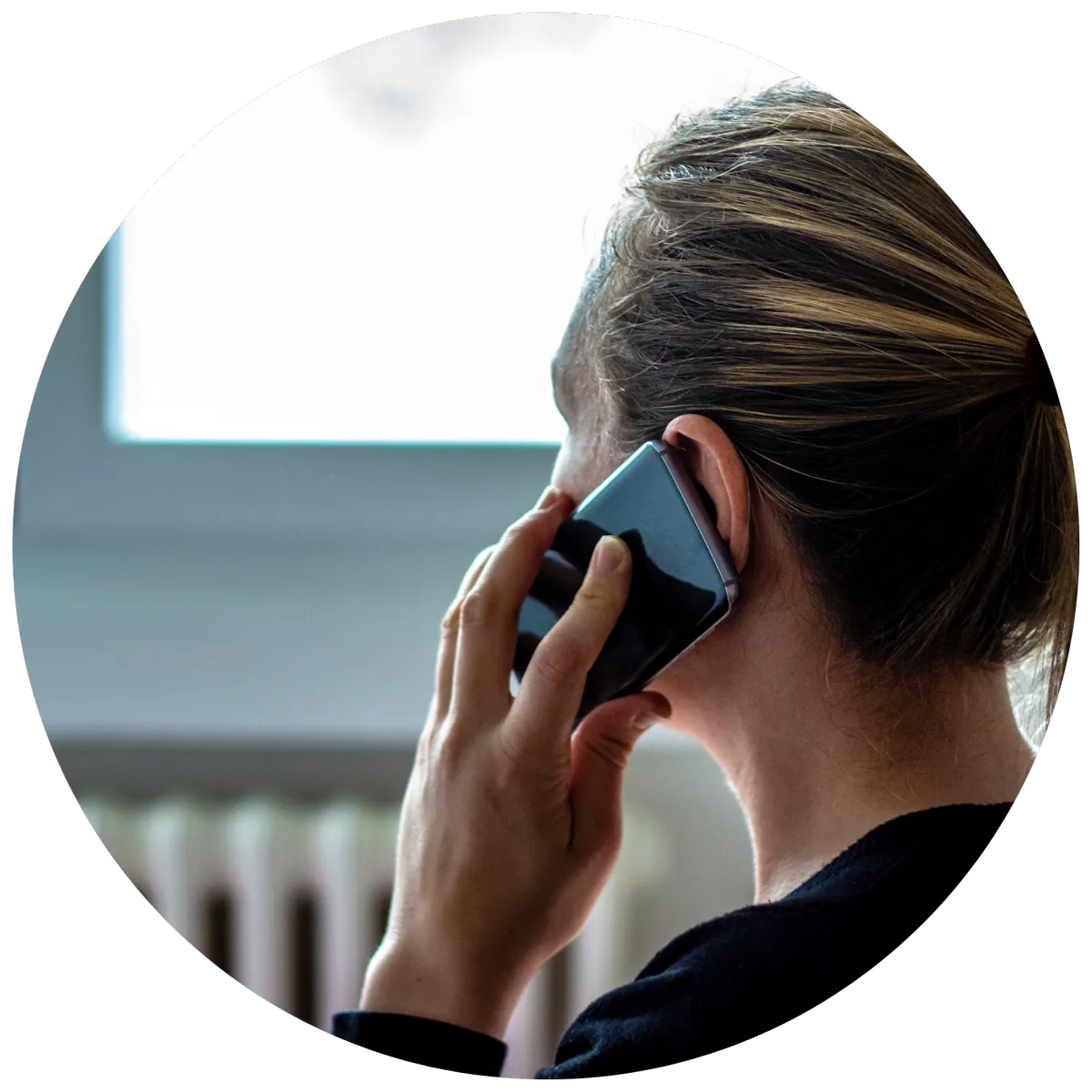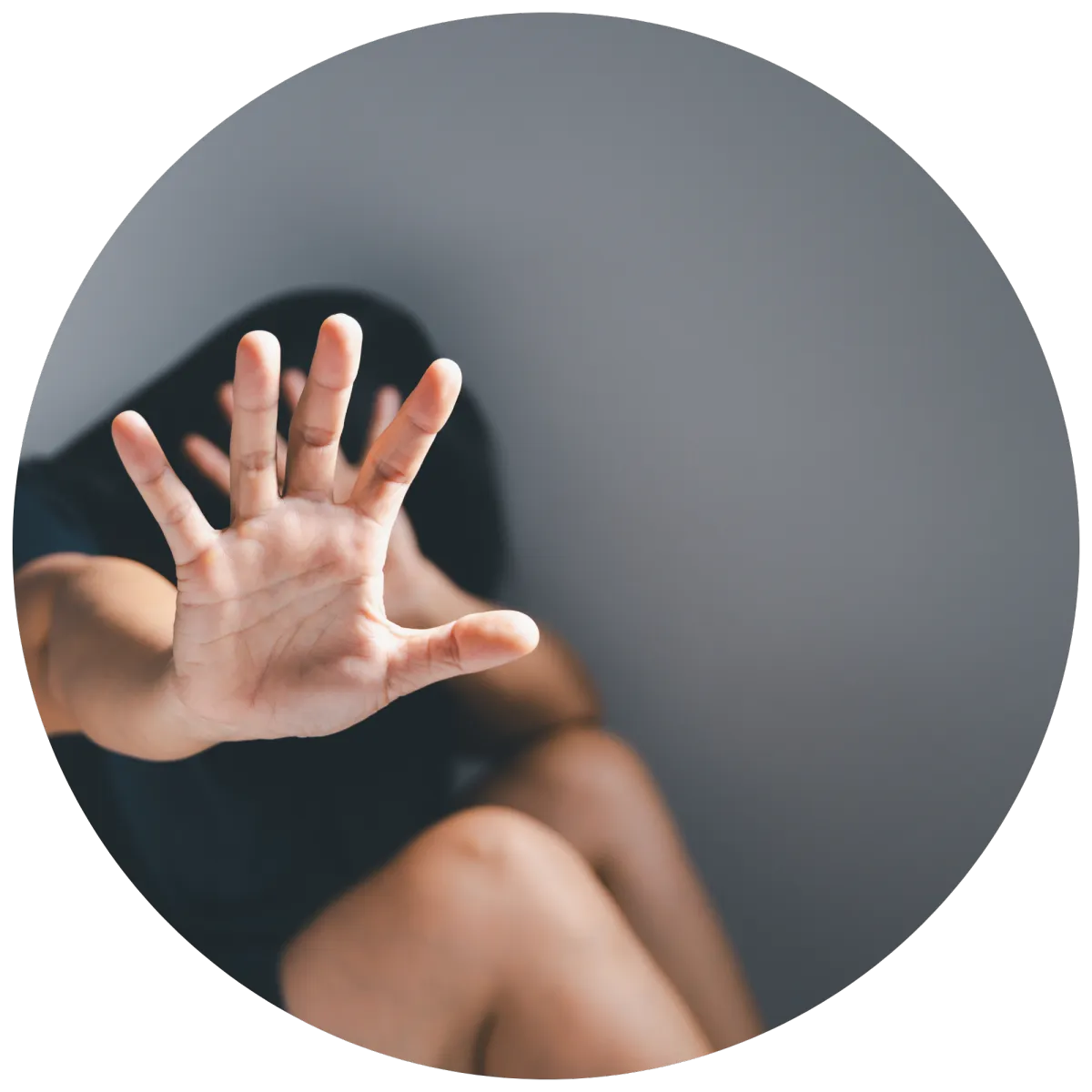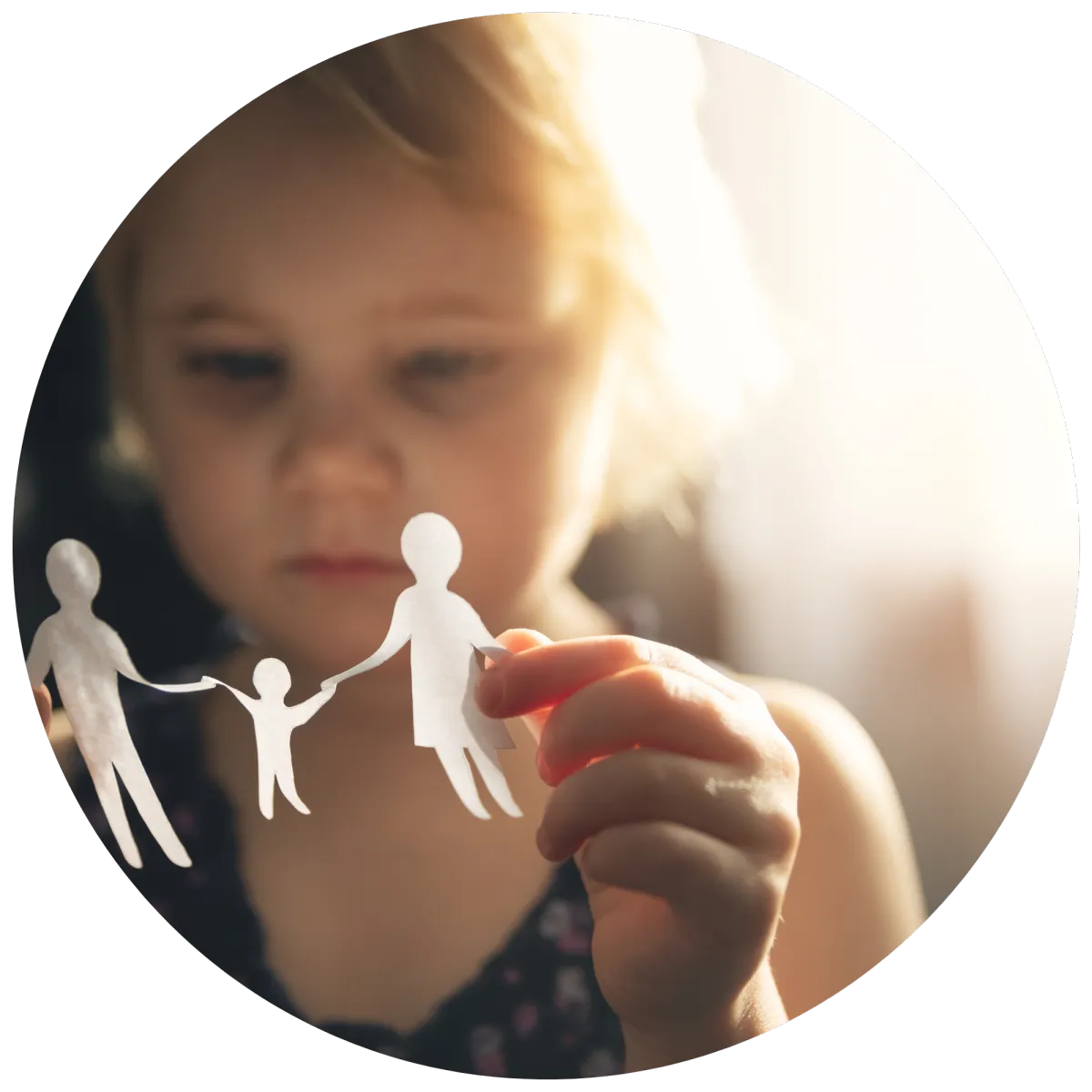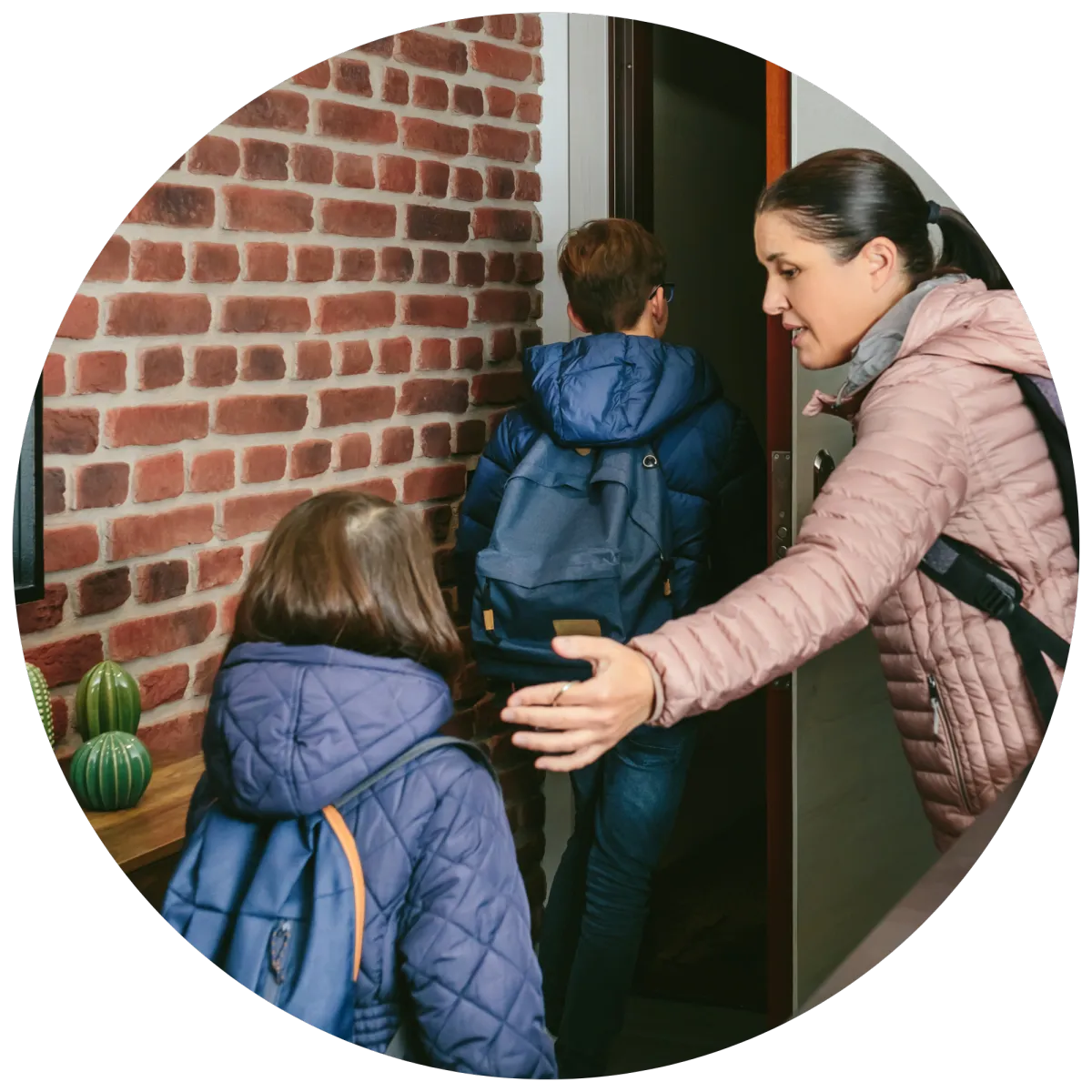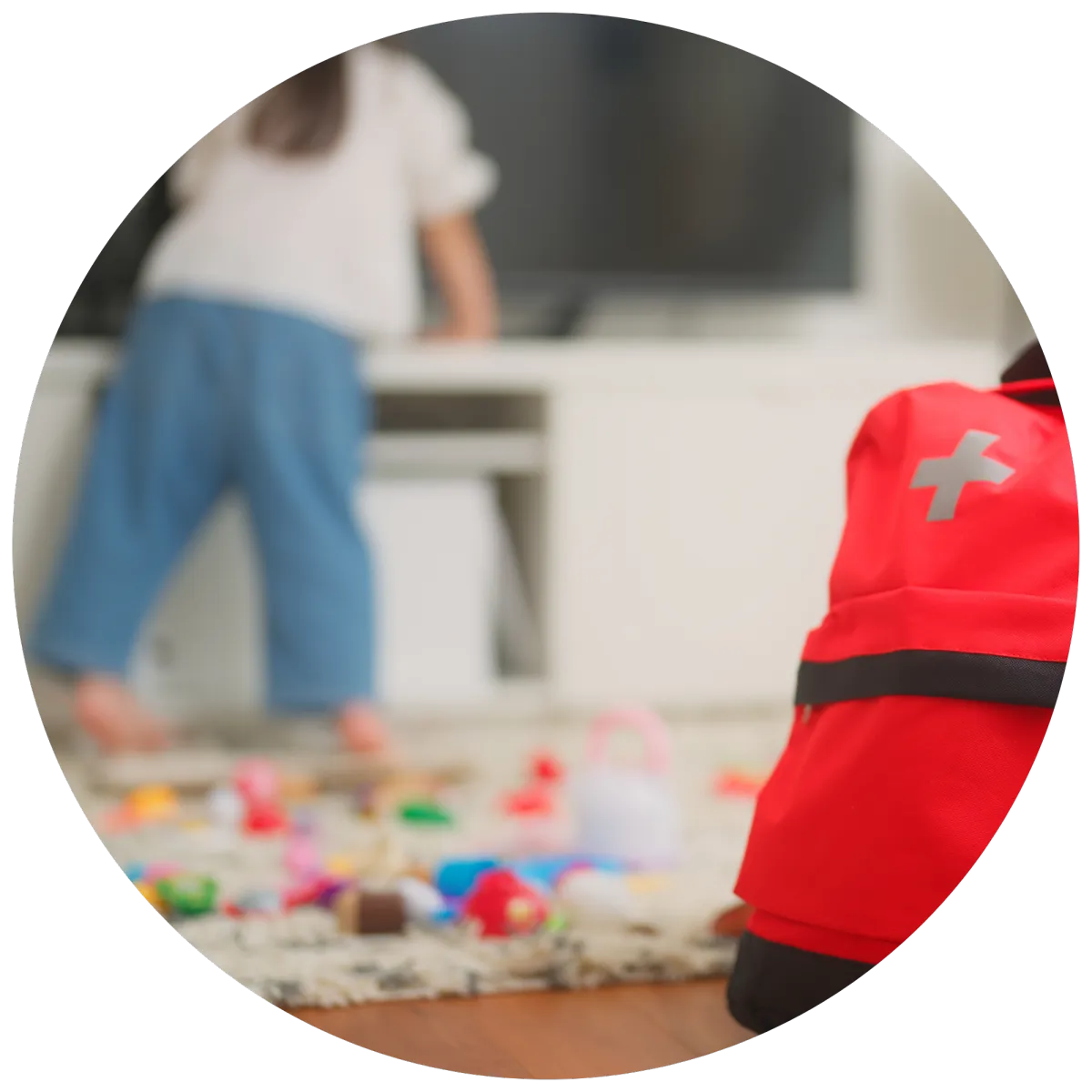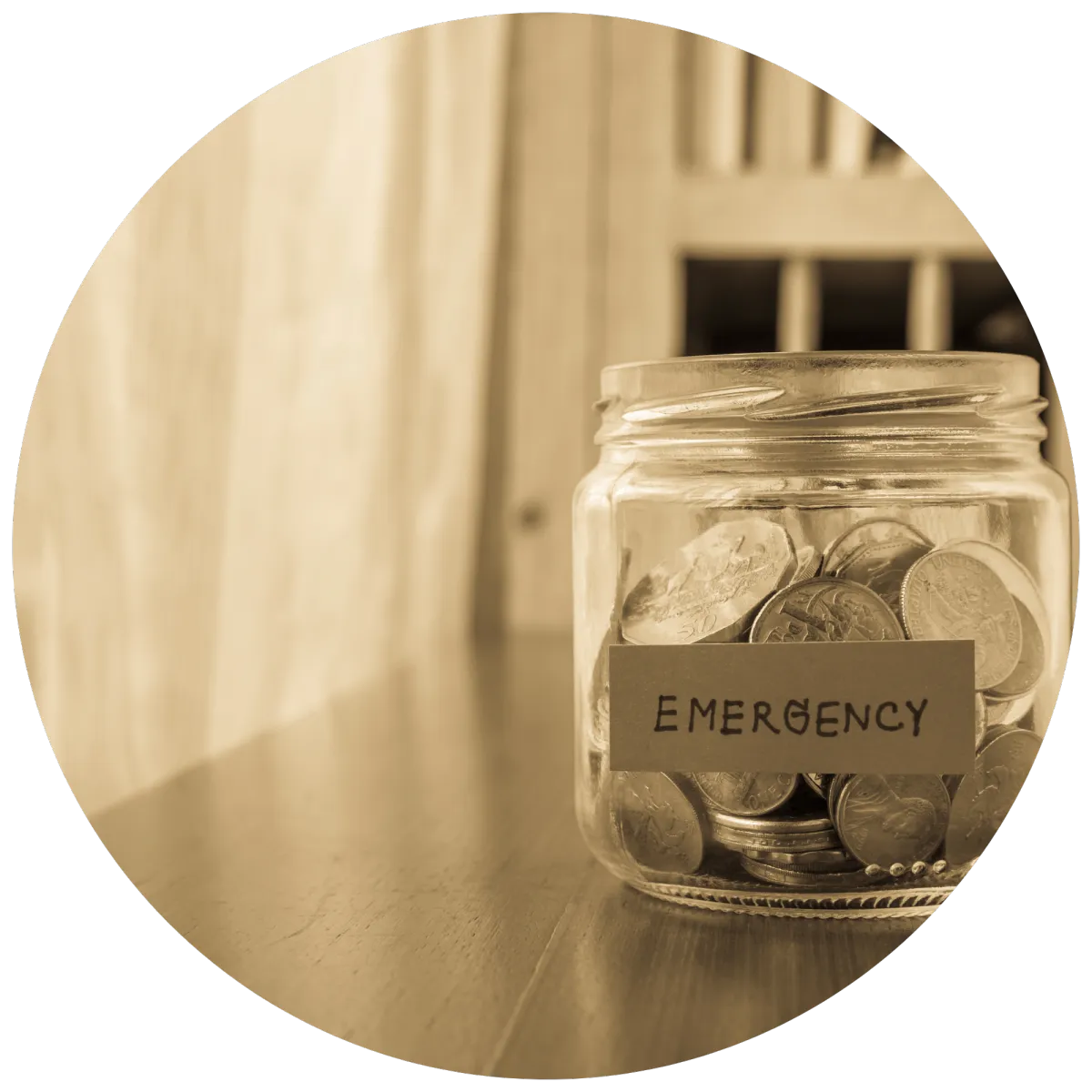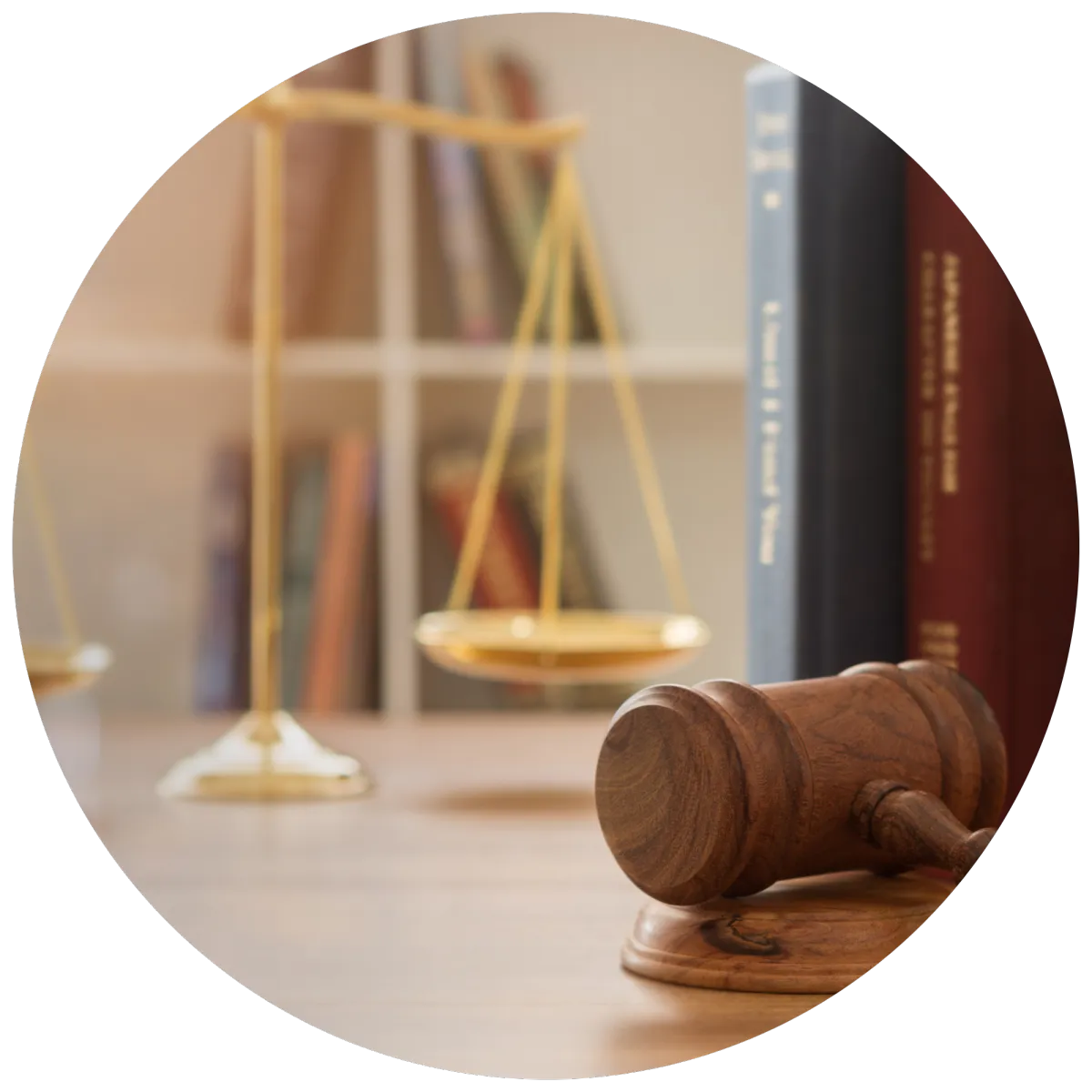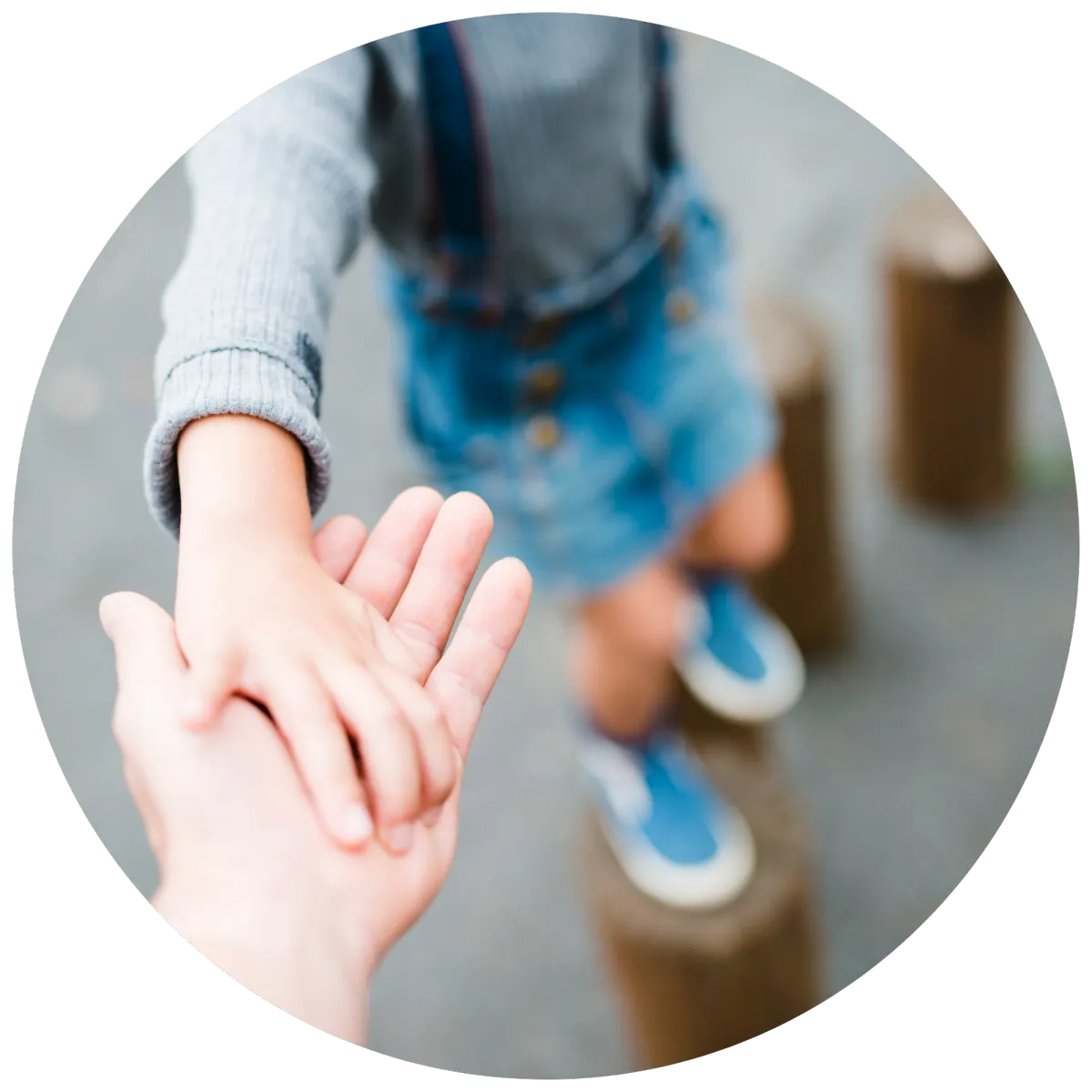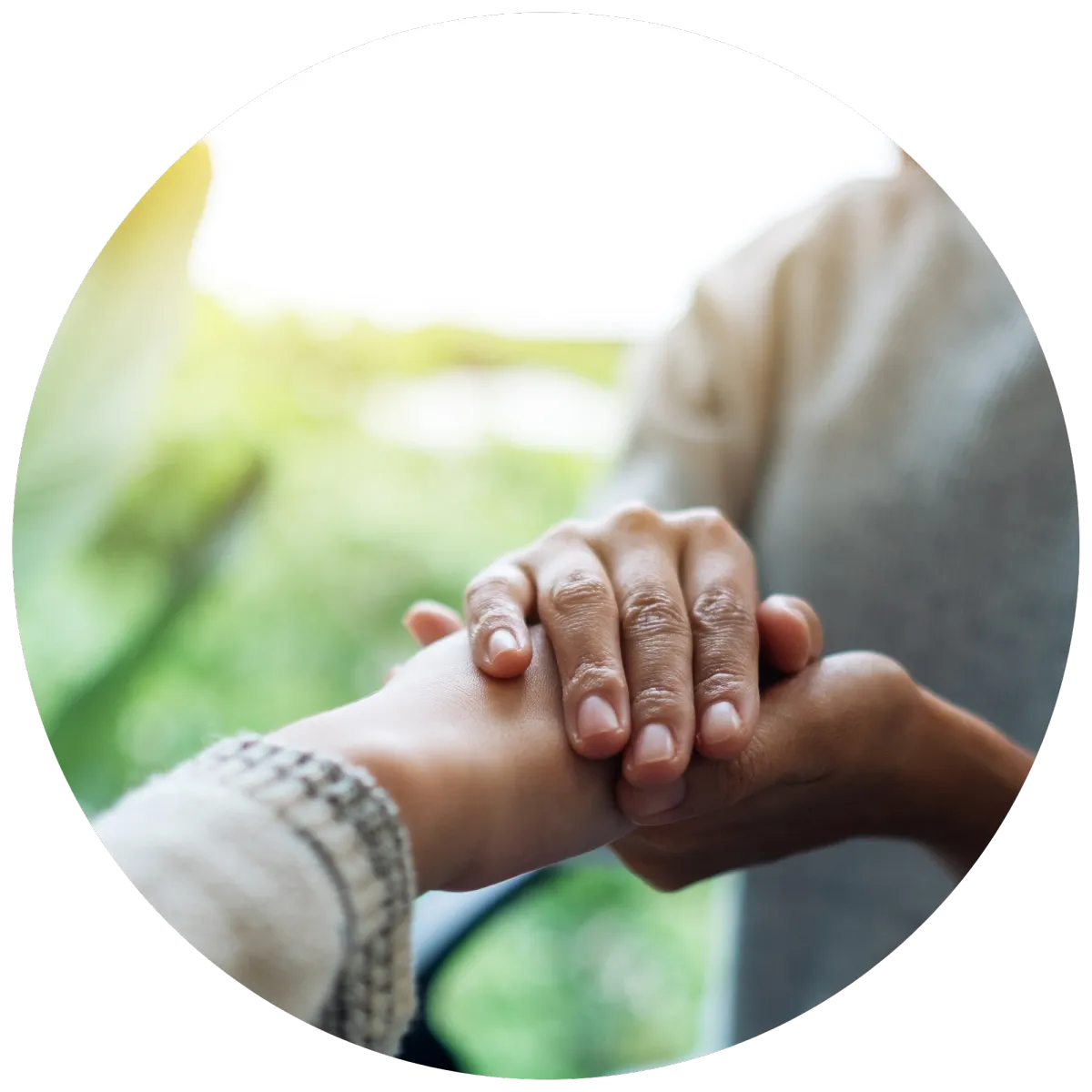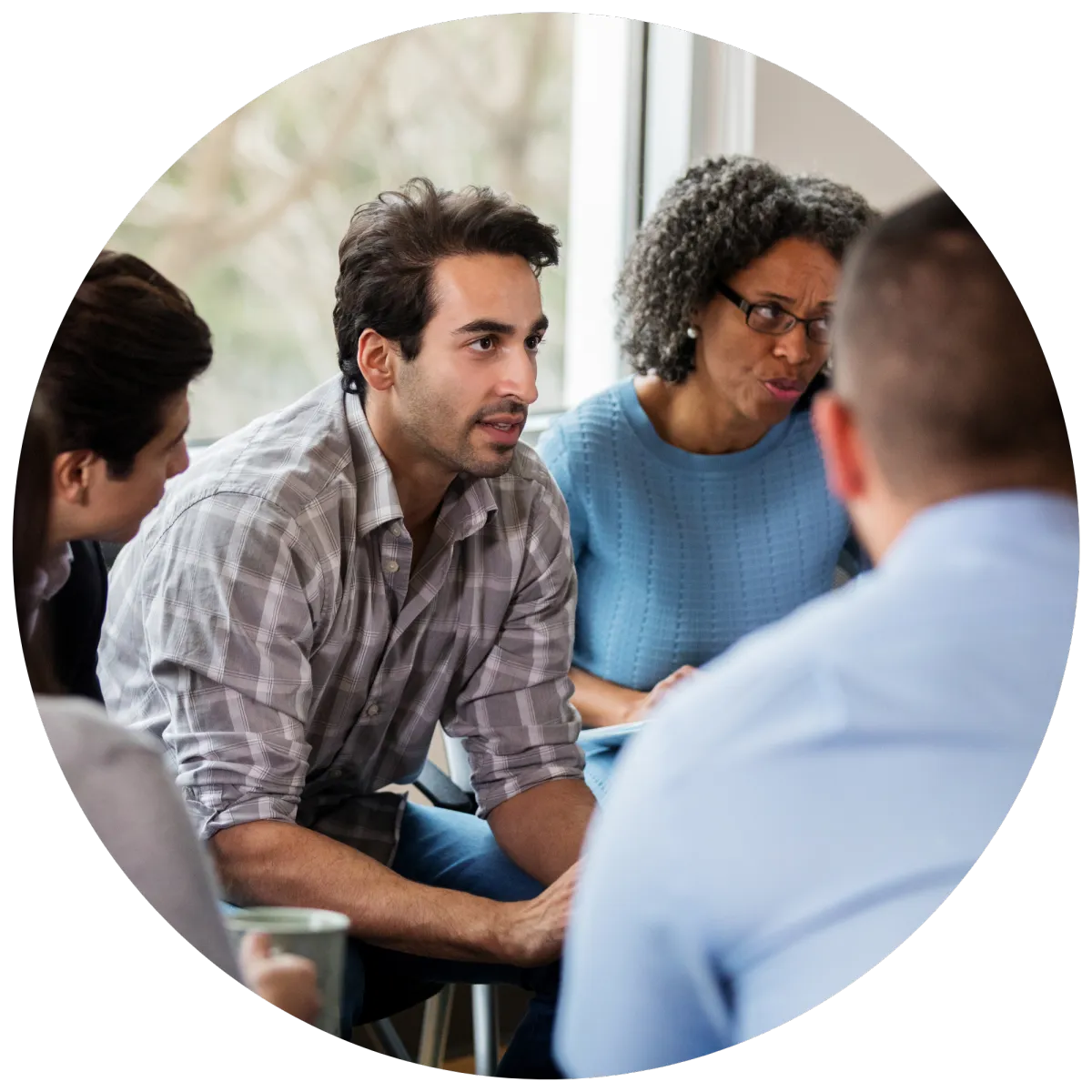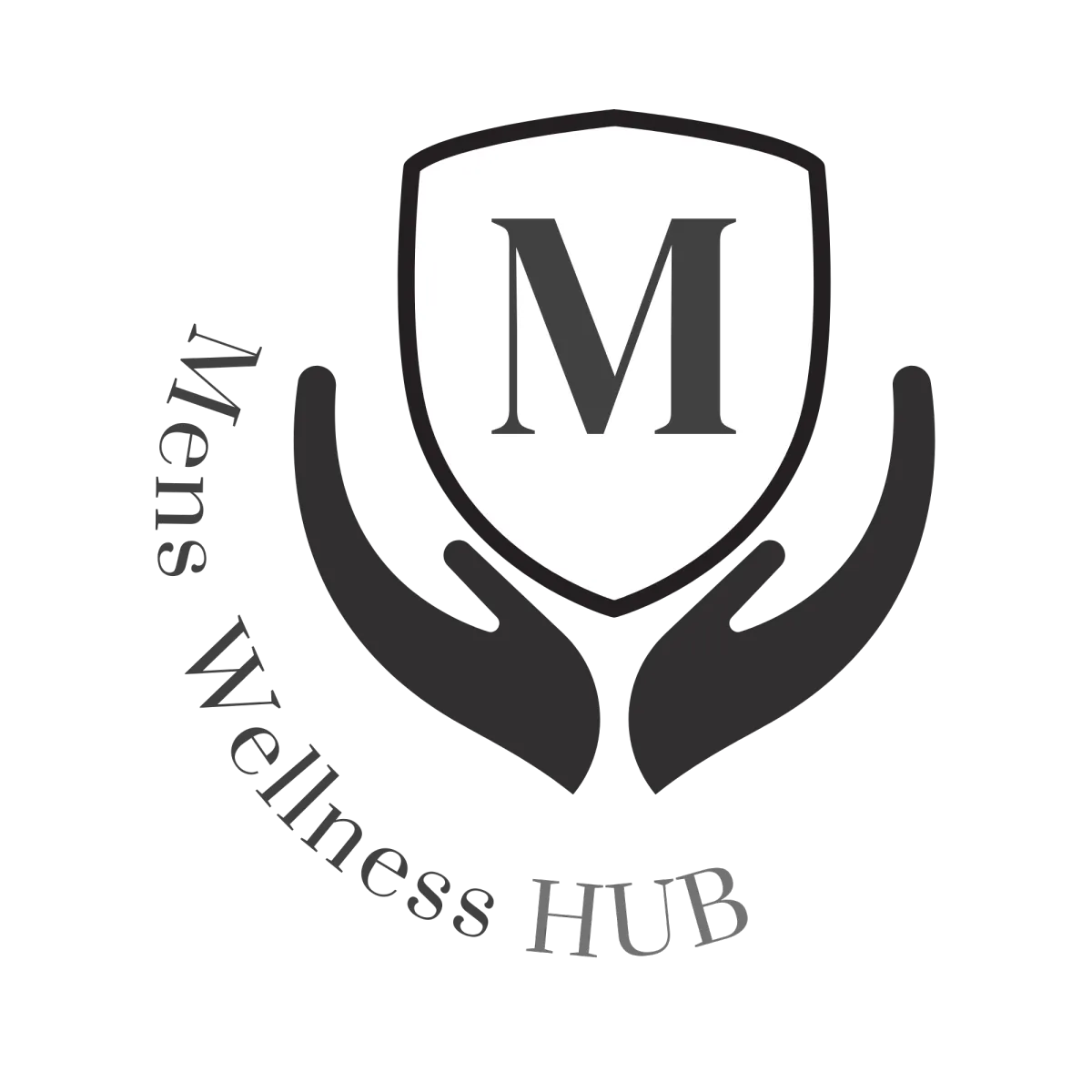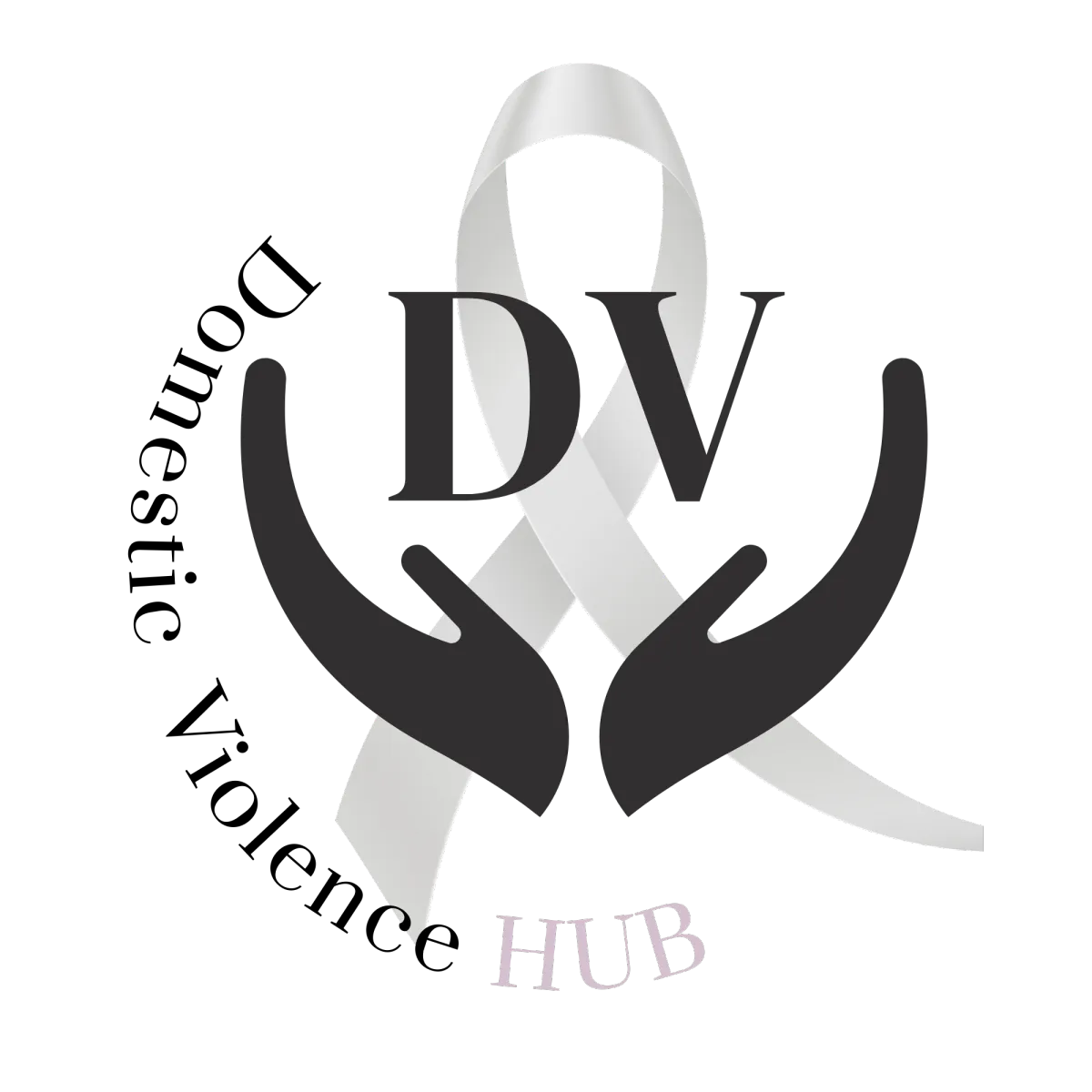Child Abuse and the impact of abuse on children
The DV Support Hub, provides FREE consolidated information on Australian domestic and family violence matters.
It is just one of the many hubs provided for free through Family Counselling Support Network, to Australians. If you, or are family member, are facing family and domestic violence or supporting someone who is, this hub provides information, resources and a guide on how to find support, keep safe, access resources and move forward safely with independence and greater confidence.
We endeavour to keep this information as up to date as possible.
This site is dedicated to the memory of all those who have lost their lives and the resilience of survivors.
If you have arrived at this hub because you or your loved one or friend is in need of support, we are extremely proud of you.
If you have arrived at this hub because you are seeking support to help find solutions to deal with your emotions, great move, we are also here for you to get the support you need.
Please know there is love and support for you. You've Got This.
There is never an excuse for abuse.
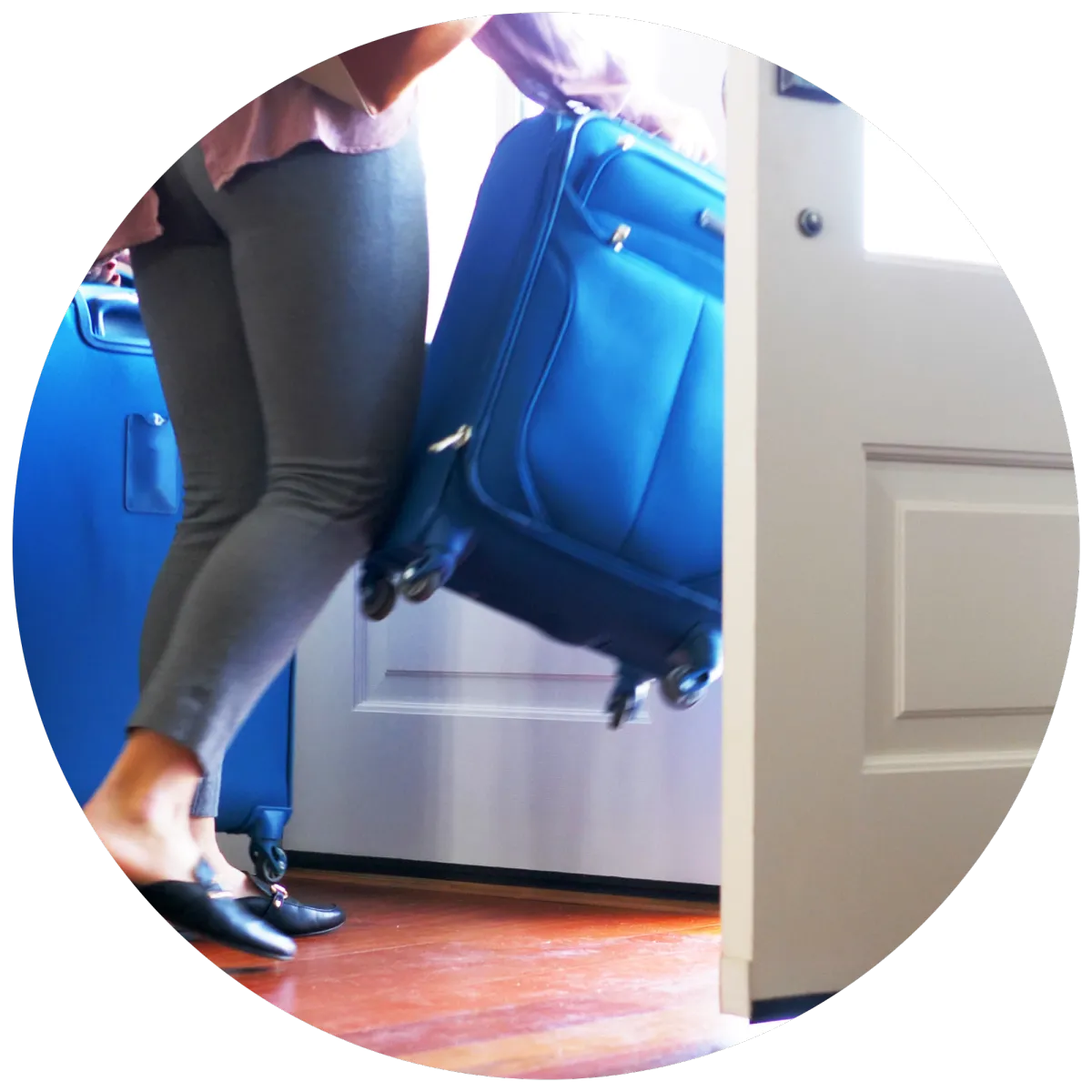
Child Abuse and Keeping Children Safe:
What is child abuse?
Signs of child abuse and family violence
How to report and get help
What to do if a child reports abuse or family violence
How to validate a child's experiences and emotions
Tips on how to keep children safe
What if you were accused of abuse?
Documenting/evidence
The legal process
Short and long term emotional support
Longer term impact of abuse on children
What is child abuse and how does it differ from domestic /family violence?
Child abuse is when a child is harmed by an adult or another child (that may or may not be related to them - not family related).
It can be over a period of time but can also be a one-off action or omission that endangers or harms a child's physical, emotional, psychological or sexual well-being. It can be physical, sexual or emotional and it can happen in person or online. It can also be a lack of love, care and attention – this is neglect.
Don't wait until you're certain that a child is being abused: if you have any concerns or suspicions, reach out for help.
If a child is in immediate danger immediately call 000 for police in Australia.
This includes:
Physical abuse: inflicting harm or injury, such as hitting, shaking, or burning.
Emotional abuse: causing emotional harm, such as constant criticism, belittling, or rejection.
Sexual abuse: engaging in sexual activities with a child, including exploitation or exposure.
Neglect: failing to provide basic needs, such as food, shelter, clothing, or medical care.
Psychological abuse: causing mental harm, such as manipulation, intimidation, or isolation.
What are some potential signs of child abuse?
The signs of child abuse aren't always obvious, and a child might not feel able to tell anyone what's happening to them. Sometimes, children don't even realise that what's happening to them is abuse.
There are different types of child abuse and the signs that a child is being abused may depend on the type of abuse.
For example, the signs that a child is being neglected may be different from the signs that a child is being abused sexually.
Physical child abuse is the non-accidental infliction of physical injury or harm of a child in the form of a beating, shaking or burning, assault with implements, female genital mutilation.
Signs of physical child abuse might include (but are not limited to):
evidence of physical injury that would not likely be the result of an accident
bruises or welts on facial areas and other areas of the body such as the back, bottom, legs, arms and inner thighs.
burns from boiling water, oil or flames or burns that show the shape of the object used to make them such as from an iron, grill or cigarette.
fractures of the jaw, skull, nose and limbs, especially those not consistent with the explanation offered, or the type of injury possible at the child's age of development
cuts and grazes to the mouth, lips, gums, eye area, ears and external genitalia.
bald patches where hair has been pulled out
multiple injuries - old and new
effects of poisoning
internal injuries
Emotional abuse: causing emotional harm, such as constant criticism, belittling, or rejection.
Neglect: failing to provide basic needs, such as food, shelter, clothing, or medical care.
Psychological abuse: causing mental harm, such as manipulation, intimidation, or isolation.
Child sexual abuse
This is when a person uses power or authority over a child to involve them in sexual activity which can include a wide range of physical and non-contact sexual activity including kissing or fondling of a child in a sexual way, masturbation, fondling the child's genitals, oral sex, vaginal or anal penetration by a penis, finger or other object, exposure of the child to pornography, talking to a child in a sexually explicit way, sending sexual messages or emails to a child, exposing a sexual body part to a child, forcing a child to watch a sexual act including pornography, having a child pose or perform in a sexual manner, grooming or manipulation.
Behavioural signs to watch for in a child which may indicate abuse:
Some children show no signs of being abused, while others may show signs of abuse through their behaviour, emotions or physical appearance.
Some signs can be common across different types of abuse.
Other signs may only suggest that a child is experiencing trauma or grief.
self-stimulatory behaviours such as rocking or head banging which had not been previously observed
crying excessively or not at all in young toddlers/infants
listless and immobile or very thing and pale
⏹️disclosure of physical abuse by the child, friend or family member
⏹️inconsistent or unlikely explanations for cause of the injury
⏹️wearing clothes unsuitable for weather conditions to hide injuries
⏹️wariness or fear of a parent, carer or guardian and great reluctance to go home
⏹️unusual fear of physical contact with adults
⏹️fear of home, specific places or particular adults
⏹️unusually hyperactive, aggressive, bullying, disruptive, and destructive to self or others
⏹️sudden withdrawal and isolation from family and friends
⏹️nusually anxious, frightened or confused
⏹️ittle reaction or emotion when being hurt, injured or threatened
⏹️suddenly engaging in high risk behaviour suddenly - drinking, drugs, eating disorders, cutting
⏹️bed-wetting, nightmares, sleep walking, insomnia, sudden fear of the dark
⏹️knowledge of adult issues that are inappropriate for their age
⏹️running away or going missing
⏹️complaining regularly of headaches, stomach pains or nausea without physiological explanation, poor self care or personal hygiene.
It can be difficult to tell if child abuse or family violence is happening and those carrying out the abuse can act very different when other people are around. Children and young people might also feel frightened and confused, keeping the abuse to themselves.
These signs don’t necessarily mean that a child is being abused, there could be other things happening in their life which are affecting their behaviour– but it may necessitate further consideration.
You may also notice some concerning behaviour from adults who you know have children in their care, which makes you concerned for the child/children’s safety and wellbeing.
If you suspect a child has been significantly harmed or at risk
if you suspect that a child has been significantly harmed, or is at risk of being significantly harmed, here are some important things to remember:
be alert to any warning signs that a child is experiencing
observe the child and make written notes as soon as you begin to have concerns - pay attention to changes in their behaviour, ideas, feelings and the words they use
have gentle, non-judgmental discussions with the child - expressing your concern that a child looks sad or unwell can result in disclosures
do not pressure the child to respond and do not ask questions that put words into a child's mouth
assure the child that they can come and talk to you when they need to, and listen to them when they do
What to do if a child reveals abuse
If a child talks to you about abuse it's important to:
❤️listen carefully to what they're saying
❤️let them know they've done the right thing by telling you
❤️tell them it's not their fault
❤️say you'll take them seriously
❤️don't confront the alleged abuser
❤️explain what you'll do next
❤️report what the child has told you as soon as possible
Reporting child abuse
Police: Phone Triple Zero (000) if it’s an emergency or if you believe a child is in immediate danger or in a life-threatening situation.
If you suspect child abuse/harm or at risk:
Contact:
each state:
Why you should report child abuse
Children often need support to get help, and their families may be too ashamed, distressed or not know how to ask for help. It can be difficult reporting child abuse. People often find it easier to ignore it or avoid thinking about the possibility a child may have been abused.
Find out why it's so important to report child abuse
Child abuse doesn't go away and usually becomes more serious over time.
.
It's important to act as soon as you suspect child abuse, or if a child tells you they've been abused.
Remember that:
❤️every child has the right to be cared for and protected by adults
❤️a child is never to blame for their abuse
❤️abuse can affect a child for the rest of their life
❤️if you suspect a child has been abused, it’s better to report it even if you’re not sure, rather than do nothing at all
❤️trust your instincts if you think a child is being abused and report the abuse
❤️ if the offender is a child or teenager, reporting the abuse can help them get support to change their behaviour
❤️if you report abuse, the child will always remember that you had the courage to stand up for them and do something to protect them.
Common concerns people may have about reporting child abuse
⏹️⏹️They are my friend and I don't want them to get in trouble
You know the person who is alleged to have sexually offended and don’t want them getting into trouble with the law. That is unfortunate obviously but protecting the child or protecting the person who is alleged to have sexually offended against a child or young person has to be the priority.
⏹️⏹️You think the family should just deal with the situation
Sometimes, the family’s response is to ask the person who is alleged to have sexually offended against a child or young person offender to go and live somewhere else. If you don’t report the abuse, the offender may continue abusing children.
⏹️⏹️You don’t want to make the situation worse for the family
You may be afraid that reporting abuse will make things worse for the family. It’s important to think about the child who may not have anyone else to protect them, or may be too scared and ashamed to talk about what’s happening.
⏹️⏹️You may be worried the child will be removed from their family
Caring for children and keeping them safe and well is very important.
⏹️⏹️You’re not absolutely positive the child is being abused
You don’t have to prove that a child has been abused before reporting abuse. If you’re worried about a child’s safety, we’ll talk to the family about their situation and assess how we can help them care for their child.
⏹️⏹️You’re worried the family will find out you reported the abuse
Under child protection laws, your identity is kept confidential and can’t be disclosed, even to the child’s family, when you report child abuse. You also can’t be held legally liable if you’re acting honestly and reasonably. (what about other states???)
⏹️⏹️You think it’s none of your business and just don’t want to get involved
Trust your instincts, and don’t just hope that someone else will speak up.
It’s everyone’s responsibility to keep children safe from abuse.
Information to provide about your concerns
When making a report about child safety concerns, you will be asked to provide information that can help officers decide how best to respond. It is still vital you call even if you don’t have all the information.
The information includes:
⏹️details about the child or young person (e.g. name, age, address)
⏹️details about the parents or other relevant persons
⏹️the reasons you suspect the child or young person may have experienced or is at risk of experiencing harm
⏹️whether or not the child, young person or family has support
⏹️the immediate risk to the child or young person
⏹️contact details for the family.
When you make the report, your details are kept confidential.
You are able to make the report anonymously if you wish; however, it is preferable to provide these details so that the officer can call you if further information is needed.
Due to privacy and confidentiality rights of any child or parent brought to the attention of Child Safety, you will not be provided with the outcome for the report you make.
What happens when you contact Child Safety
When concerns are reported, CSOs will determine how best to respond to the situation. Decisions are centred on ensuring the safety of the child. These decisions are often informed by the child's family and cultural values and how these contribute to their safety.
What happens when we are contacted?
When concerns are reported, child safety officers will determine how best to respond to the situation.
Decisions take into account the need to ensure the safety of the child, while respecting the diversity of family values, lifestyles and culture.
They will usually then:
Child Concern Report
1.Recording a Child Concern Report when child protection concerns received by our department do not reach the threshold for a notification
2.Recording a notification if the concerns that are reported to the department suggest that a child has been harmed, or is at risk of harm and does not have a parent able and willing to protect the child from harm.
At this point the person who notified us (the 'notifier') may be provided with information, advice or a referral to another agency to assist the child and family.
Notification
If the concerns that are reported to the department are recorded as notification:
Child safety officers will assess the concerns by completing an investigation and assessment.
This is done by interviewing the child, family and, if necessary, significant others such as the child's school, doctor or relatives.
A police officer may be involved in the investigation, particularly if the concerns relate to physical harm or sexual abuse.
A notification is also recorded on an unborn child when there is reasonable suspicion that the baby will be at risk of harm after they are born.
Moving a child to a safe place
A child safety officer or police officer can move a child to a safe place in the following circumstances:
the child is under 12 years of age a parent or other member of the child's family is not present and cannot be located
it is not considered necessary to take the child into custody to ensure their protection (the circumstances are not apparently due to neglect or abandonment).
The officer must move the child to a safe place, or make arrangements for another reliable person to move them to a safe place, where they can remain until they return to the care of the parents or a family member.
A safe place can be:
the home of a neighbour who knows the child and parents
the home of a relative or friend
the child's family day care provider
a hospital
an approved foster placement
a child safety service centre
a police station.
Additional support - getting help
You can call any of the following community services for support or advice.
However, if a child is in danger please call the police on Triple Zero (000).
Family and Child Connect - Call 13FAMILY or 13 32 64.
Anyone can contact Family and Child Connect for advice and information, including parents, grandparents, other family members and young people. Family and Child Connect is a free service provided by trusted, local organisations who are experienced in working with families.
Aboriginal and Torres Strait Islander Family Wellbeing Services
Family Wellbeing Services are a free and confidential one stop shop for Aboriginal and Torres Strait Islander families to access support to improve your social, emotional, physical and spiritual wellbeing, and help you be able to safely care for and protect your children. All Family Wellbeing Services are delivered by Aboriginal and Torres Strait Islander community controlled organisations ensuring the support available is culturally safe and appropriate.
Parentline - call 1300 301 300.
Parentline is a free, confidential telephone service providing counselling and referrals. Counsellors are available from 8am to 10pm, 7 days a week.
Kids Helpline - 1800 55 1800
Children, teenagers and young adults can call Kids Helpline to talk about anything — what’s going on at home, stuff with friends, something at school or feeling sad, angry or scared. Freecall (24 hours, 7 days a week) or webchat.
Emotional/psychological long term impact
How to validate a child's experiences and emotions
Documenting evidence
Counselling
Legal process
What to do if a report has been made against you for abuse
Living in a home where domestic abuse happens to a child or their loved ones, can have a serious impact on a child or young person's mental and physical wellbeing, brain development, as well as their behaviour. This can continue after the adults' relationship has come to an end, and post-separation abuse and coercive controlling behaviours can continue to remain a factor in the child’s life. The impact can last into adulthood.
Quotes from the kids:
"I really need your help; my dad has been physical abusing my mum. He has an anger problem and it's getting out of hand. The smallest things make him angry and he starts shouting. I'm terrified of him and I've had enough, I can't take it any more - please help me!"
What's important is to make sure the abuse stops and that children have a safe and stable environment to grow up in.
This resource sheet is provided as a guide only. It is up-to-date with current legislation at the time of publication. Because mandatory reporting laws may change subsequent to publication, individuals are encouraged to contact the relevant department or organisation to clarify requirements in their jurisdiction or in relation to legislation. For more information on how to report abuse and neglect, including contact details for government agencies, see the CFCA Resource Sheey
Introduction
Mandatory reporting laws aim to identify cases of child abuse and neglect, and to assist the individual children in these cases (Royal Commission into Institutional Responses to Child Sexual Abuse, [Royal Commission], 2017). They were first developed in response to the largely hidden nature of child physical abuse, with the purpose of bringing cases to the attention of child welfare agencies (Mathews, 2014a).
Mandatory reporting laws set acceptable standards of behaviour for the community (Australian Law Reform Commission [ALRC], 2010), affect the policies and practices of child protection services and make the protection of children from abuse and neglect a professional responsibility.
Mandatory reporting laws require specified individuals to report known or suspected cases of specified types of child abuse and neglect to government authorities. The laws usually specify these individuals on the basis that they work in an occupation dealing with children in the course of their work. They are therefore well-placed to detect cases, or suspected cases, of child abuse and neglect (Mathews, 2014a).
Each Australian state and territory has its own mandatory reporting law. However,
the laws are not the same across all jurisdiction.
Differences include: (1) who has to report; (2) what types of abuse and neglect have to be reported (and therefore what types do not have to be reported); (3) the ‘state of mind’ that activates the reporting duty (i.e. having a concern, suspicion or belief on reasonable grounds); and (4) who to make the report to.
Who has to report?
Mandatory reporting legislation contains a list of who is mandated to report cases of suspected child abuse and neglect. For each state and territory, apart from the Northern Territory (NT), this is a list of occupations. The occupations commonly mandated to report are those who are likely to interact with children in the course of their work; for example, teachers and early childhood educators, welfare practitioners, medical practitioners, police and religious ministers. In the NT all adults, regardless of occupation, are mandated to report.
What types of abuse and neglect have to be reported?
This section provides a summary description of the types of abuse and neglect that have to be reported. Specific details about reporting obligations for each jurisdiction can be found in the tables below.
There are some important differences in the types of abuse and neglect that must be reported across the states and territories.
In New South Wales (NSW), the NT and Tasmania (Tas) it is mandatory to report all 5 recognised types of abuse and neglect: physical abuse, sexual abuse, emotional abuse, neglect, and exposure to family violence. In South Australia (SA) it is mandatory to report physical abuse, sexual abuse, emotional abuse, and neglect.
In the Australian Capital Territory (ACT) and Victoria (Vic) only physical and sexual abuse must be reported.
Queensland (Qld) and Western Australia (WA) each have multiple Acts that legislate mandatory reporting. The Acts for each state specify different mandatory reporters and different forms of abuse that must be reported. In Qld, it is mandatory to report physical and sexual abuse, or only sexual abuse, depending on which legislation you are mandated to report under. In WA, all mandatory reporters must report sexual abuse, and reporters mandated under the Family Court Act may have additional reporting requirements.
The legislation in some jurisdictions uses the word ‘abuse’, whereas in other jurisdictions different terms are used (e.g. harm, exploitation, in need of protection). All jurisdictions specify the level of abuse that must be reported (i.e. significant, serious, detrimental). Child sexual abuse is always considered a risk for significant harm and must always be reported. Individuals, whether mandated reporters or not, may also refer child abuse and neglect that falls below statutory thresholds for mandatory reporting to child and family welfare agencies.
Some jurisdictions require a report to be made when a mandated reporter has a reasonable belief of abuse (ACT, NT, Tas, Vic, WA), and others when there is a reasonable suspicion (NSW, Qld, SA, Tas). Technically, belief requires a higher level of certainty than suspicion, although this is likely a distinction that does not and should not affect reporting in practice (Mathews, 2014b). Abuse that has happened, or is currently happening, must be reported. Most jurisdictions (NSW, NT, Qld, SA, Tas, Vic) also require reports of situations where the designated abuse has not yet occurred but is suspected to be likely to in the future.
What protections are given to mandatory reporters?
The legislation in each jurisdiction outlines the protections that are given to mandated reporters. The two key protections are: confidentiality and that the reporter cannot be liable in civil, criminal or administrative proceedings in relation to the report.
How does mandatory reporting legislation define a child?
Legislation in the ACT, NT, Qld, SA, Tas and WA requires mandatory reporting in relation to all children or young people up to the age of 18 years. In NSW, the duty for mandatory reporting is in relation to all children up to the age of 16 years. In Vic, the duty for mandatory reporting is in relation to all children up to the age of 17 years.
Criminal law
Most states and territories (ACT, NSW, Qld, Tas, Vic) have criminal laws that require adults to report known child sexual offences (Mathews, 2021). NSW also includes child physical abuse in these criminal laws, while Tas includes serious offences related to physical assault and serious instances of neglect and ill-treatment. The criminal laws have slightly different scope and details across jurisdictions but all require reports to be made to police. There are also other types of reporting duties aimed at identifying institutional sexual abuse. These different duties are discussed in recent research (Mathews, 2019).
It is important to note that this resource sheet outlines only the Mandatory Reporting of Child Abuse legislation.
Which mandated reports can child protection agencies act on?
There is a common assumption that all situations reported under mandatory reporting laws will result in an intervention by government child protection services. However, this is not always the case. Mandatory reporting laws define the types of situations that are required to be reported to statutory child protection services. Legislative grounds for government intervention define the circumstances and, importantly, the threshold, at which the statutory child protection service is legally able to intervene to protect a child.
As such, not all reports of child abuse and neglect made under mandatory reporting laws will lead to immediate action from child protection services. A single report may not meet the threshold for intervention. However, this report grouped with other information on file (or information that may be added at a later date) may meet the threshold and result in action being taken. Reports are assessed but are not looked at in isolation, instead they form a body of information that determines if and how child protection services are legally able to intervene.
Can voluntary reports be made about abuse and neglect, even if not required by the legislation?
Any person is lawfully entitled to make a report if they are concerned for a child's welfare, even if they are not required to do so as a mandatory reporter. Anyone making a voluntary (non-mandated) report is also protected with regard to confidentiality and immunity from legal liability as outlined above.
In addition to the mandatory reporting legislation, certain professional groups (such as psychologists) and government agencies (such as education departments) may have their own occupational reporting protocols outlining the moral, ethical, professional or organisational responsibility to report. The Commonwealth Child Safe Framework also sets minimum standards for creating and maintaining child safe culture and practices in Australian Government entities.
These policy-based reporting duties may be narrower, broader or the same as those officially mandated under legislation. For example, in Queensland, teachers are required to report all forms of suspected significant abuse and neglect under school policy but are only mandated to report sexual abuse and physical abuse under the legislation. It is important to note that organisational-related, policy-based reporting duties exist alongside but do not replace state and territory mandatory reporting legislation, which have primacy.
Mandatory reporting legislation
The Family Law Act 1975
(Cth) creates a mandatory reporting duty for personnel from the Family Court of Australia, the Federal Circuit Court of Australia, the Family Court of Western Australia and other designated practitioners. This includes the CEO, senior registrars, registrars and deputy registrars, family consultants, family counsellors, family dispute resolution practitioners, arbitrators, and lawyers independently representing children's interests. Section 67ZA(1) and (2) require that when these persons have reasonable grounds for suspecting that a child has been abused, or is at risk of being abused, and this suspicion is developed in the course of performing their duties or functions, or exercising powers, they must, as soon as practicable, notify a prescribed child welfare authority of their suspicion and its basis.'
Under section 4, ‘abuse’ is effectively defined as including: (a) assault, including a sexual assault; (b) sexual abuse; (c) serious psychological harm, including but not limited to harm caused by the child being subjected to, or exposed to, family violence; or (d) serious neglect.
P
Domestic & Family Violence Hub Directory
Blog Posts
No blogs found
This site is brought to you by Family Counselling Support Network
Book in with one of our professionals today
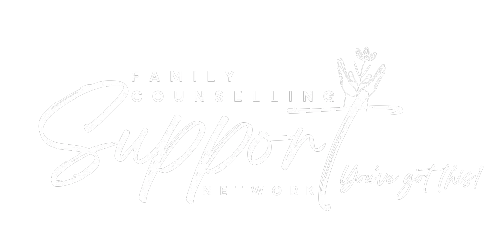
FAQS
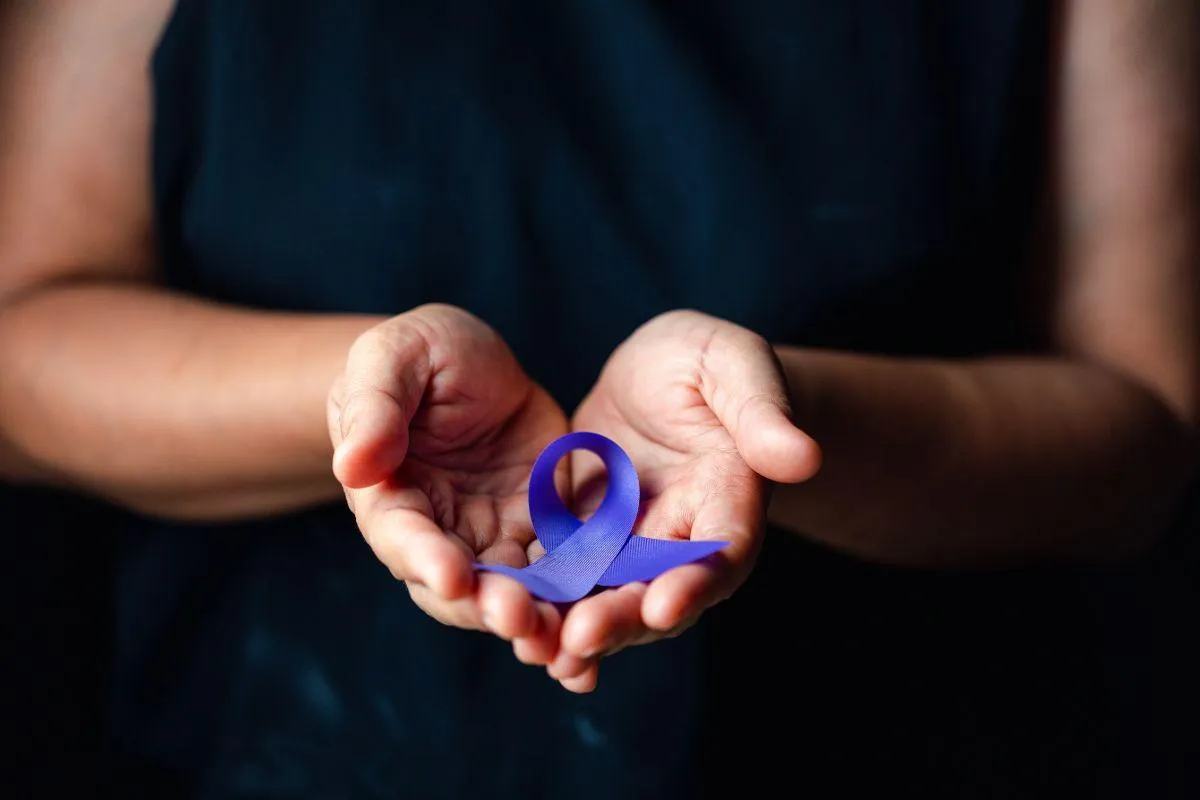
We are here to help
Question 1
Can I contact you directly for help?
Question 2
How has this material been prepared and is it reliable?

Question 3
I have been violent towards my family. I need help. Where can I get it?


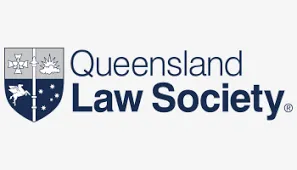
We are committed to protecting your personal information and respecting your privacy. This website uses cookies to analyze website traffic and optimise your website experience. By accepting our use of cookies, your data will be aggregated with all other user data.
DISCLAIMER: The material contained on this website is for general educational and information purposes only and is not a substitute for professional legal, financial, medical or psychological advice or care. While every care has been taken in the information provided, no legal responsibility or liability is accepted, warranted or implied by the authors or Family Counselling Support Network and any liability is hereby expressly disclaimed. For specific advice please contact us at [email protected]. All information contained on the website remains the intellectual property of Family Counselling Support Network and is for your personal educational use only. The information must not be reproduced or distributed without the express permission of Family Counselling Support Network.
Family Counselling Support Network acknowledges and respects the First Nations Custodians of the land where our offices stand, and where we work to help Australians. We pay respects to their Elders, past present and emerging, lore, customs and creation spirits. We recognise that these lands have always been places of ceremony, teaching, research and learning, and we acknowledge the important role Aboriginal and Torres Strait Islander peoples play in our community.
We are committed to providing an inclusive and accessible environment where people and communities of all identities and backgrounds are accepted, safe and celebrated.
Privacy Policy | Terms and Conditions
